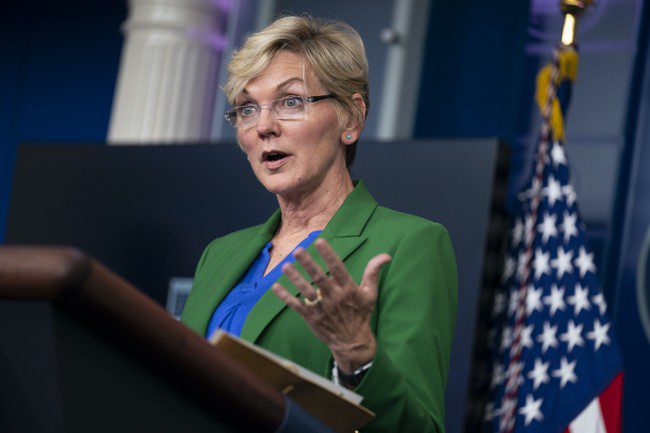In a startling disclosure made at a Subcommittee on Economic Growth, Energy Policy, and Regulatory Affairs hearing on Capitol Hill this Tuesday, Republican Chairman Pat Fallon ripped open the veil on Biden’s proposed energy regulations. Going beyond the earlier whispers of restrictions on gas stoves in American homes and restaurants, daily household appliances are now finding themselves in the line of regulatory fire. Under the righteous banner of battling climate change, these proposals threaten a significant disruption to the everyday life of American citizens.
We share a planet with China, yet environmental activists are more concerned with getting rid of your gas stove in the name of saving the world from climate change.@RepPatFallon opens hearing on the Biden Administration’s continued regulatory assault on Americans’ home… pic.twitter.com/2x1oKpf6f6
— Oversight Committee (@GOPoversight) July 18, 2023
“Today we will examine the Department of Energy’s proposed rulemakings on home appliances—a tidal wave of regulatory burdens affecting Americans’ daily lives,” Fallon’s opening statement sent echoes through the room. It was clear that the icy gust of regulation was blowing beyond the Consumer Convention Cooking Products Rule, which aims to tighten control over gas stoves. The list extended further to encompass other household workhorses – dishwashers, refrigerators, water heaters, furnaces, and air conditioners. The rationale offered revolves around enhancing energy efficiency, a mandate inscribed in the Environmental Policy and Conservation Act, or ‘EPCA.’
BREAKING: We’ve uncovered new internal Energy Department documents, showing that Energy Secretary Jennifer Granholm met with a CCP-connected, liberal dark money group pushing to ban gas stoves, just prior to the admin getting caught trying to do the same:https://t.co/P6CVm4ufDY
— Americans for Public Trust (@apublictrust) February 10, 2023
Fueling the growing discontent is the Department of Energy’s perceived reticence in providing clear answers and making bureaucrats accessible for scrutinizing the new rules. Articulating the crisis, Fallon said, “In May, this Committee invited DOE officials to elaborate on the gas stoves regulation that impacts 40% of American households, but the Department declined to make witnesses accessible.”
This reveals an inherent trace of the political anomaly which places more importance on regulating domestic appliances in the garb of combatting climate change. While the massive environmental footprints of industrial behemoths like China are overlooked, attention is focused instead on outlawing the humble gas stove in American households.
Junk. We have used gas stoves for hundreds of years. There is no correlation between an increase in childhood asthma and their use. This is an overreach based on a subjective hypothesis from a bad study. More fodder in the war on gas that will hurt low-income homes and small biz. pic.twitter.com/i3mOlT5T9D
— Chef Andrew Gruel (@ChefGruel) January 9, 2023
Earlier this year when news of such gas stove regulation leaked via the Consumer Protection Bureau, it was written off as a conspiracy theory by Democrats and leftist stalwarts within media circles. However, it has since come to light that Energy Secretary Jennifer Granholm has been toiling behind the scenes on these very regulations and bans.
Instances like these present a stark contradiction within the environmental activism landscape: while sharing a global ecosphere with industrial giants such as China, the focus seems to be disproportionately skewed towards penalizing American homeowners for their use of gas stoves.
Despite speculations about gas stoves being linked to an increase in childhood asthma, there is a significant lack of empirical evidence to back this up. Critics have labelled this as an overreach based on a subjective hypothesis birthed from a poorly constructed study. The ripple effects of this legislative onslaught on gas will most markedly impact low-income homes and small businesses.
In conclusion, the Biden administration’s crusade on home appliances goes beyond an attempt at energy efficiency, provoking questions about the true motives behind these regulatory changes. The enforcement of such policies is not merely a matter of personal inconvenience to American households but deepens the chasm of misinformation and mistrust between the Department of Energy and the American populace. If we are to march together towards a future attuned to ecological balance, the conversation needs to be grounded in transparency, inclusivity, and a fair representation of fact over meandering conjecture.



